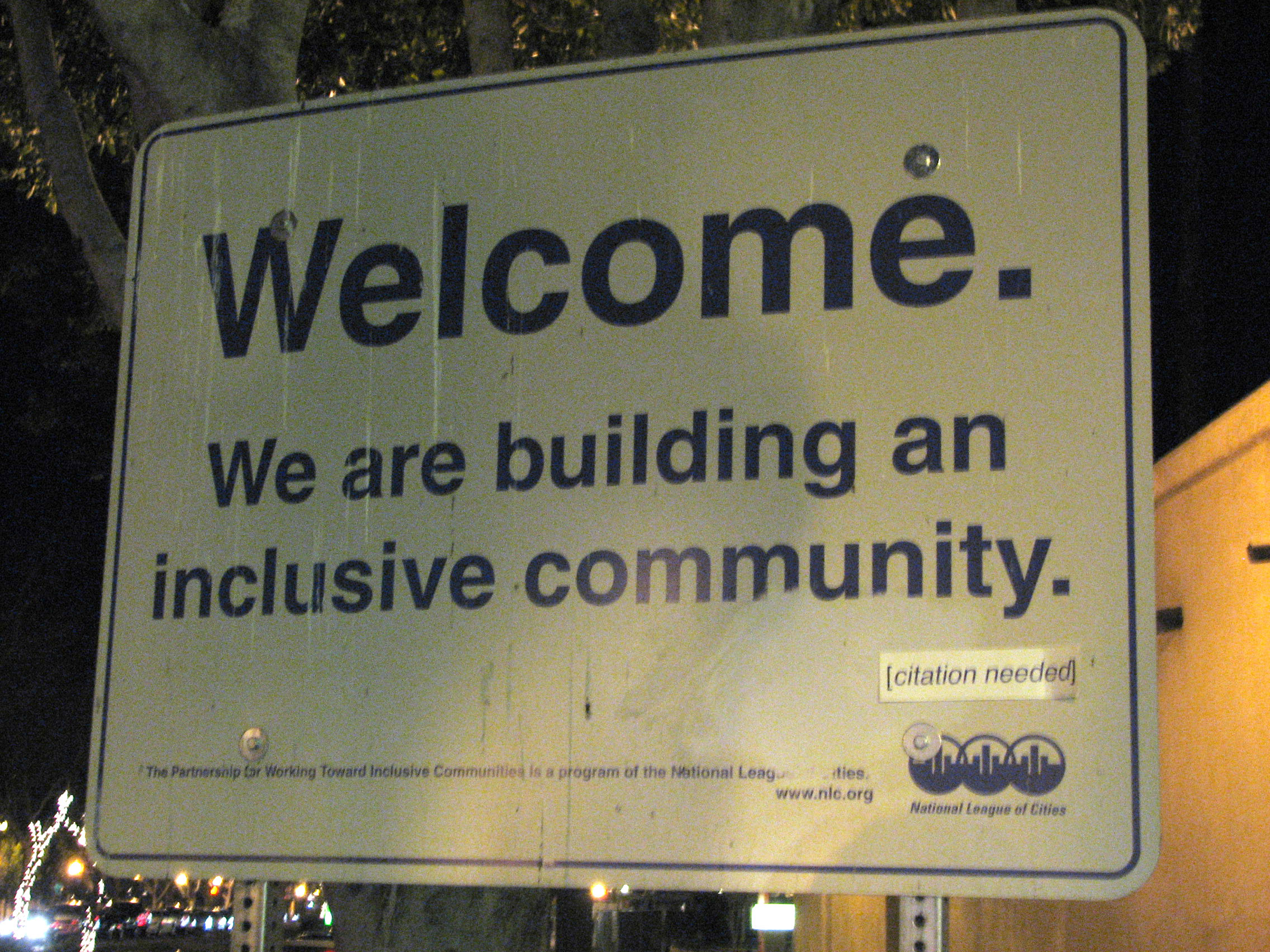
Understanding Neopronouns
If you make a mistake, it's best to quickly apologize and move on with the conversation. When you hear someone else misgender someone, you may also correct them so that they are more likely to use the correct pronouns in the future.

According to the Linguistic Society of America, "Inclusive language acknowledges diversity, conveys respect to all people, is sensitive to differences, and promotes equal opportunities." Inclusive language helps us to communicate better and allows for positive connection to one another. What then is meant by gender-inclusive language? The United Nations terms gender-inclusive language, "as meaning to speak and write in a way that does not discriminate against a particular sex, social gender or gender identity, and does not perpetuate gender stereotypes. Given the key role of language in shaping cultural and social attitudes, using gender-inclusive language is a powerful way to promote gender equality and eradicate gender bias."
| Instead of: | Try: |
|---|---|
| inmate, prisoner, convict, ex-con, offender, criminal | incarcerated person, formerly incarcerated, person detained by... |
| elderly, seniors, the aged, senior citizens | older adults, person 65 years and older, the older population |
| prostitute, hooker | sex worker, prostituted person, trafficked person |
| slave | person is/was enslaved |
| homeless people, the homeless, transients | unhoused, persons experiencing homelessness |
| illegals, aliens, foreigners | undocumented, immigrant, foreign-born persons, refugee |
| the poor, low-class people, poor people | people whose incomes are below the federal poverty threshold |
| use of racial groups as nouns (e.g. avoid "Asians, etc.) | the adjectival form (e.g. Asian individuals, etc.) |
| minority | replace with more specific language. Ex. racial and ethnic minority groups |
| birth sex, natal sex, born female, born male | assigned sex, sex assigned at birth, assigned male/female |
| victim, survivor | person who has experienced..., person who has been impacted by... |
| mentally ill | person living with a mental health condition, person with a mental illness |
| addict | person with a substance abuse disorder |
| special needs, physically challenged, mentally retarded | person with a disability, disabled person |
| tranny, transvestite, transexual | transgender people, trans and gender nonbinary folks or folx |
Sources: American Psychological Association, Inclusive Language Guidelines. Anxiety & Depression Association of America, Inclusive Language Guide. CDC, Preferred Terms for Select Population Groups & Communities. American Medical Association, Manual of Style